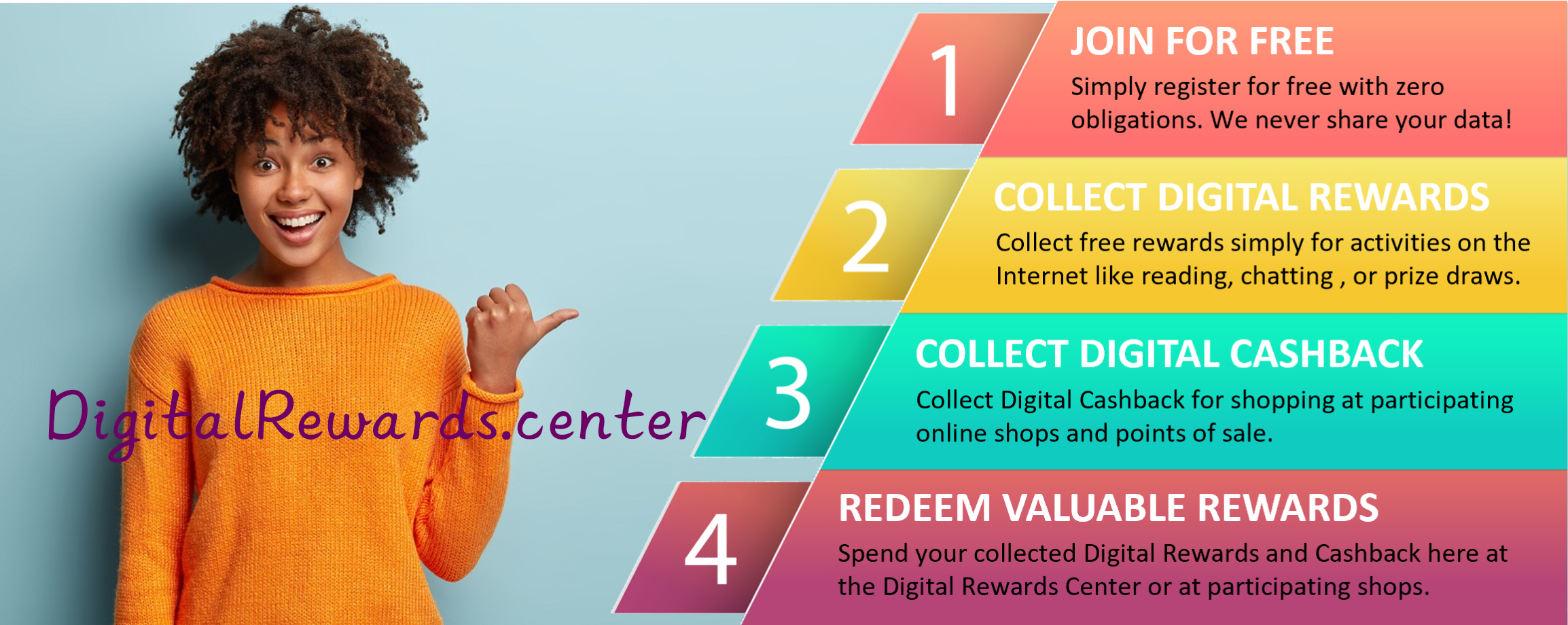IT IS YOUR MONEY
Rewards Go Digital – Customer Loyalty Programs Reinvented with RWA
Rewards That Hold Real Value
Customer loyalty programs are going digital — and the rewards now hold real-world value thanks to digital assets and Real World Assets (RWA).
From airline miles to store points, tokenized loyalty programs offer greater flexibility, interoperability, and tangible benefits — changing how consumers engage with brands.

Tokenized Loyalty Points Increase Utility
Brands are moving away from siloed reward systems toward blockchain-based loyalty tokens.
Retail giants like Starbucks and Nike are experimenting with NFT-based memberships and digital collectibles that grant special access or discounts.
These tokens can be traded, combined, or redeemed across multiple platforms — unlike traditional points tied to a single brand.
RWA-Backed Tokens Build Trust
Loyalty tokens backed by real-world assets — such as revenue shares or physical inventory — add credibility and value.
Startups like Lyft and Bird have explored issuing tokens that reward frequent users with governance rights or discounts — creating deeper engagement and economic alignment.
This model is proving successful in sectors like travel, hospitality, and e-commerce.
Cross-Platform Loyalty Networks Emerge
Instead of isolated loyalty programs, brands are forming alliances where customers can combine points across partners.
Blockchain makes this possible — enabling seamless point exchange between airlines, hotels, and retailers.
Programs like Loyyal and Chainlink-powered loyalty ecosystems are leading this shift.
Conclusion: Loyalty Has Real-World Value
Digital assets and RWA-backed loyalty programs are turning rewards into real economic value — offering consumers more freedom and flexibility.
Whether you're a business designing a program or a consumer earning points, the future of loyalty is digital.
To learn how you can launch or benefit from this transformation, visit DigitalAssets.Foundation for expert insights and a FREE consultation.

More News
© 2026
